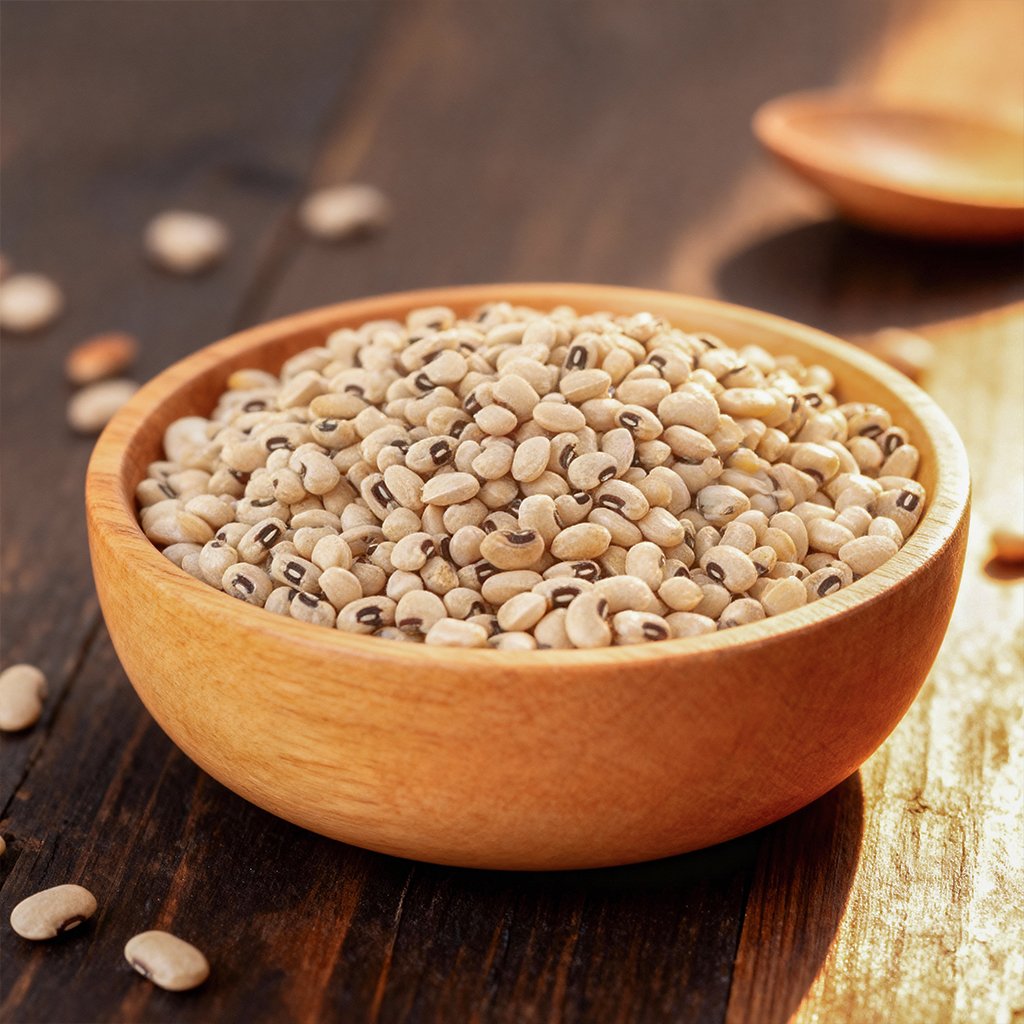Pulses
Pulses are edible seeds of leguminous plants and among the most essential sources of plant-based protein, dietary fiber, and vital micronutrients. They’re a cornerstone of vegetarian and vegan diets, offering complete amino acid profiles when paired with grains like rice or wheat. Beyond nutrition, pulses contribute to sustainable agriculture by fixing atmospheric nitrogen, enriching soil fertility, and reducing dependency on synthetic fertilizers.
Rich in iron, folate, potassium, and magnesium, pulses aid digestion, regulate blood sugar, and support cardiovascular health. They appear in diverse cuisines—Indian, Mediterranean, and Middle Eastern—featured in soups, dals, curries, salads, and snacks. Modern food science has also embraced pulses in vegan meats, gluten-free flours, and plant-based protein powders. When stored properly in airtight containers and soaked before cooking, they maintain quality and boost nutrient bioavailability. A varied mix of pulses ensures a diet that’s both flavorful and balanced.
View Our pulses
Tuar Dal (Arhar)
Tuar dal is split pigeon pea cherished for its nutty flavor and creamy texture. Providing 22 g protein and 8 g fiber per 100 g, it’s rich in iron, folate, and magnesium—nutrients that support blood formation and muscle recovery. It’s the star of classic dishes like dal tadka and sambar, forming a comforting everyday staple in many Indian homes.
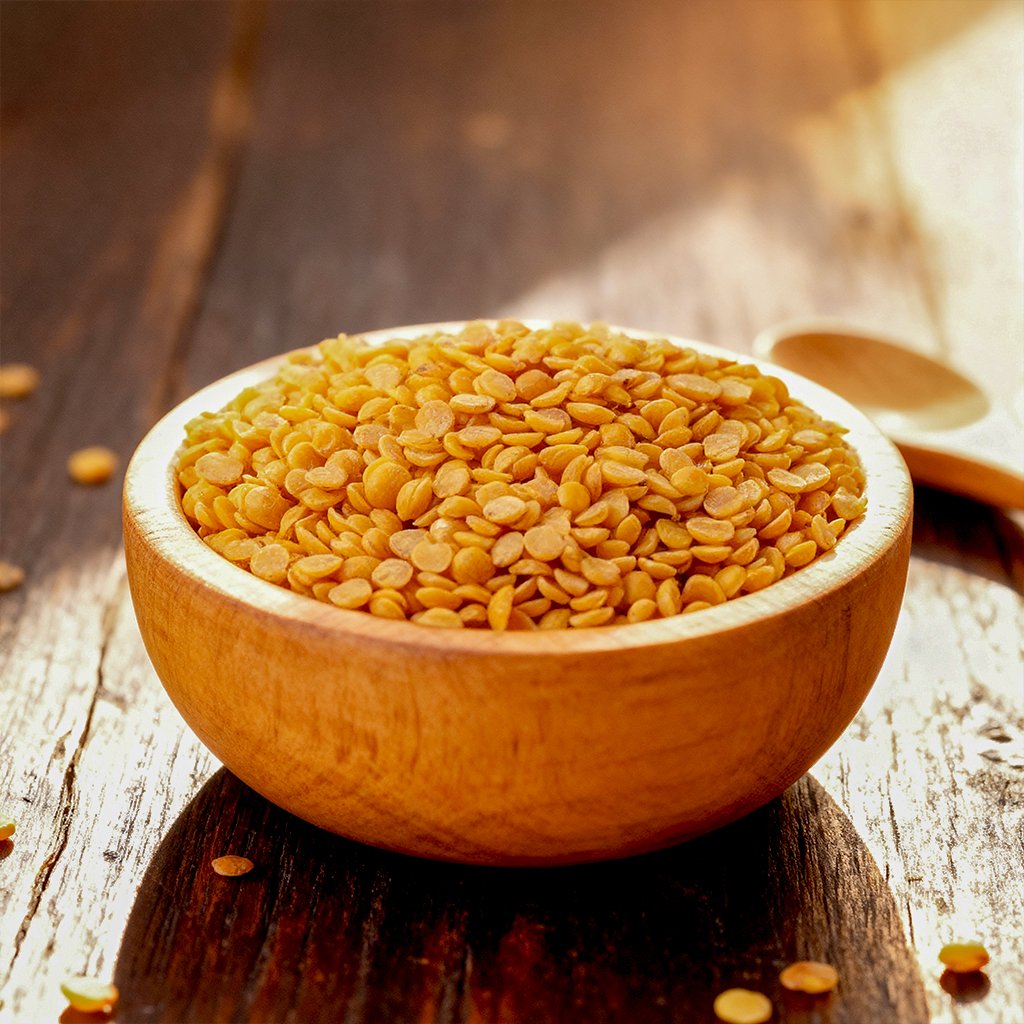
Chana Dal
Chana dal, or split chickpeas, has a mildly sweet, nutty flavor and firm texture that holds up beautifully in cooking. With 21 g protein and 17 g fiber per 100 g, it promotes digestive health and stable blood sugar levels. It’s packed with phosphorus, manganese, and B vitamins that boost energy and metabolism.
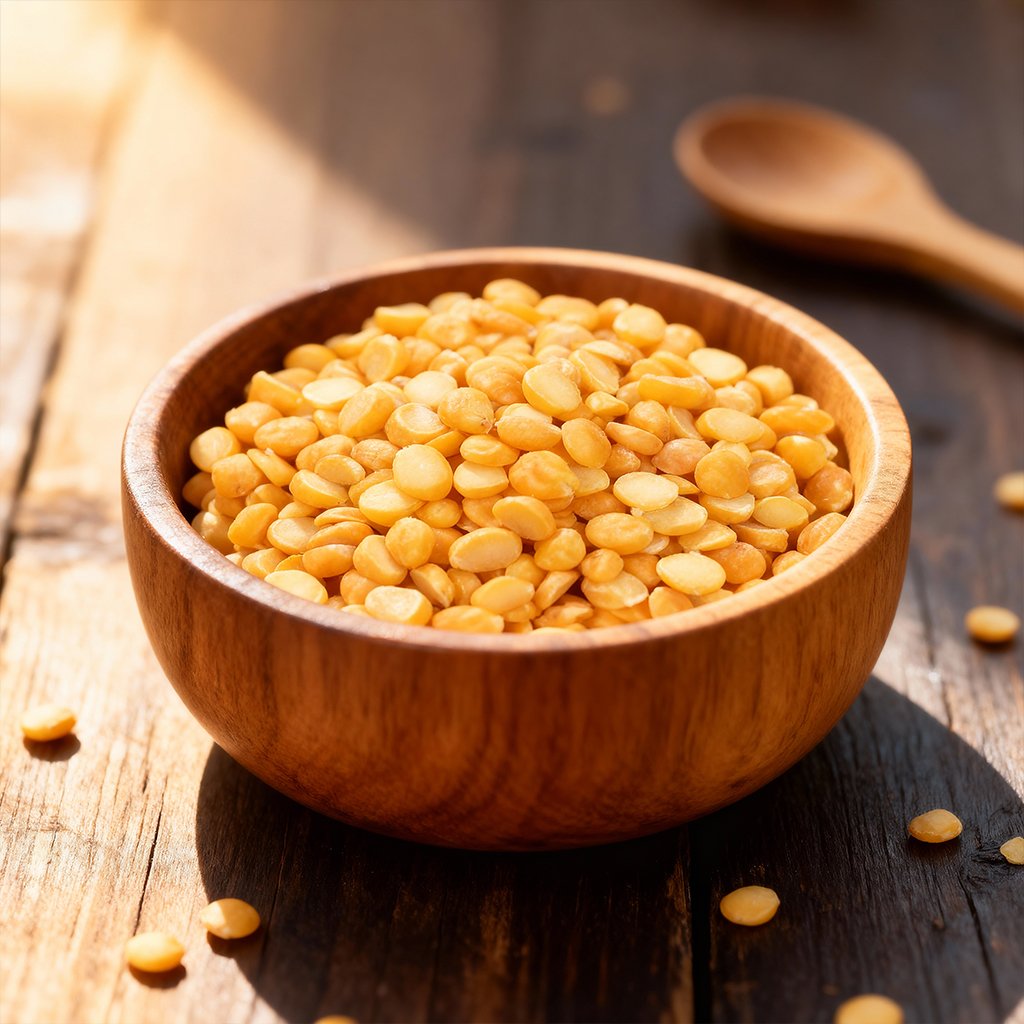
Moong Dal (Chilka)
Moong dal with skin, or chilka moong, retains its green husk, adding fiber and antioxidants that support digestion and heart health. Containing 24 g protein and 16 g fiber per 100 g, it’s light on the stomach and ideal for detox diets. Used in khichdi, soups, and light dals, it’s both nourishing and soothing.
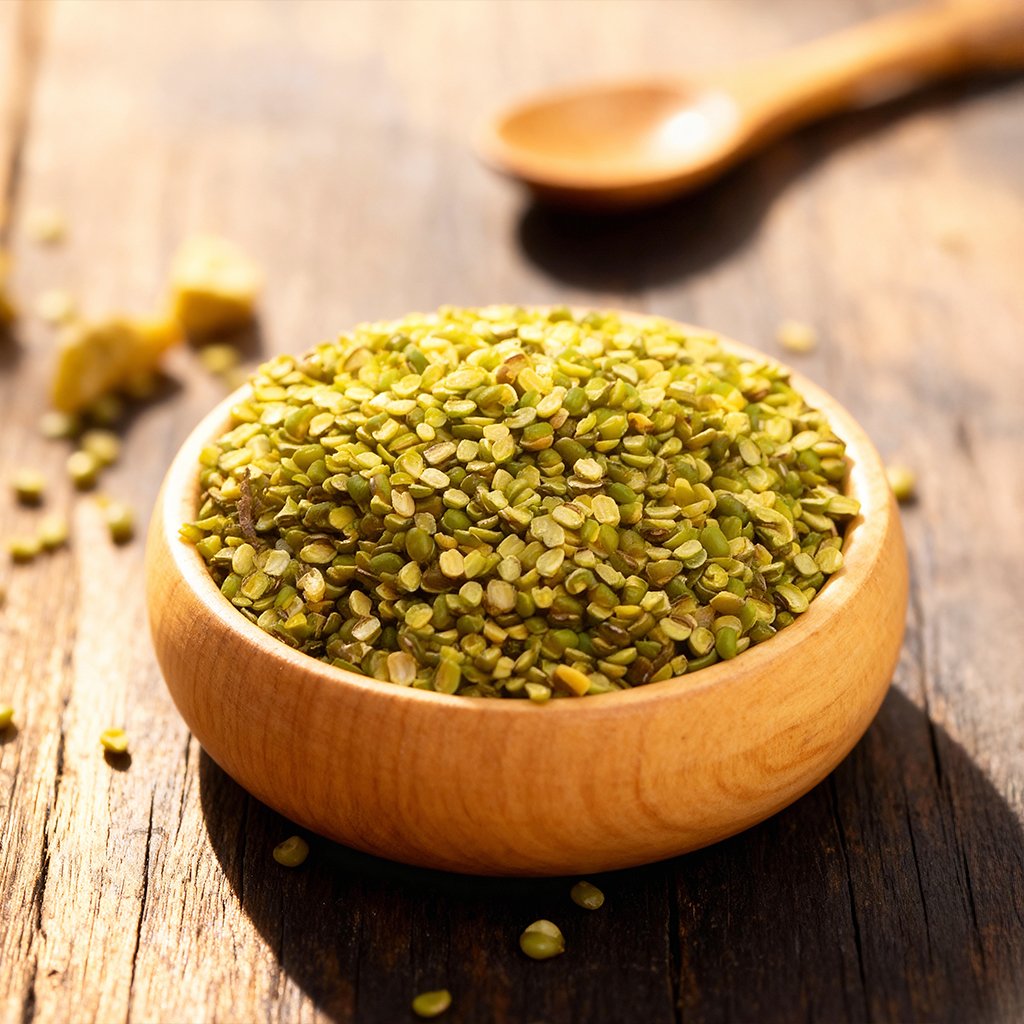
Masoor Dal
Masoor dal, or red lentils, is quick-cooking and forms a creamy orange dal when boiled. With 25 g protein and 11 g fiber per 100 g, it’s rich in folate, antioxidants, and plant-based iron. It helps improve hemoglobin levels and boosts immune function.
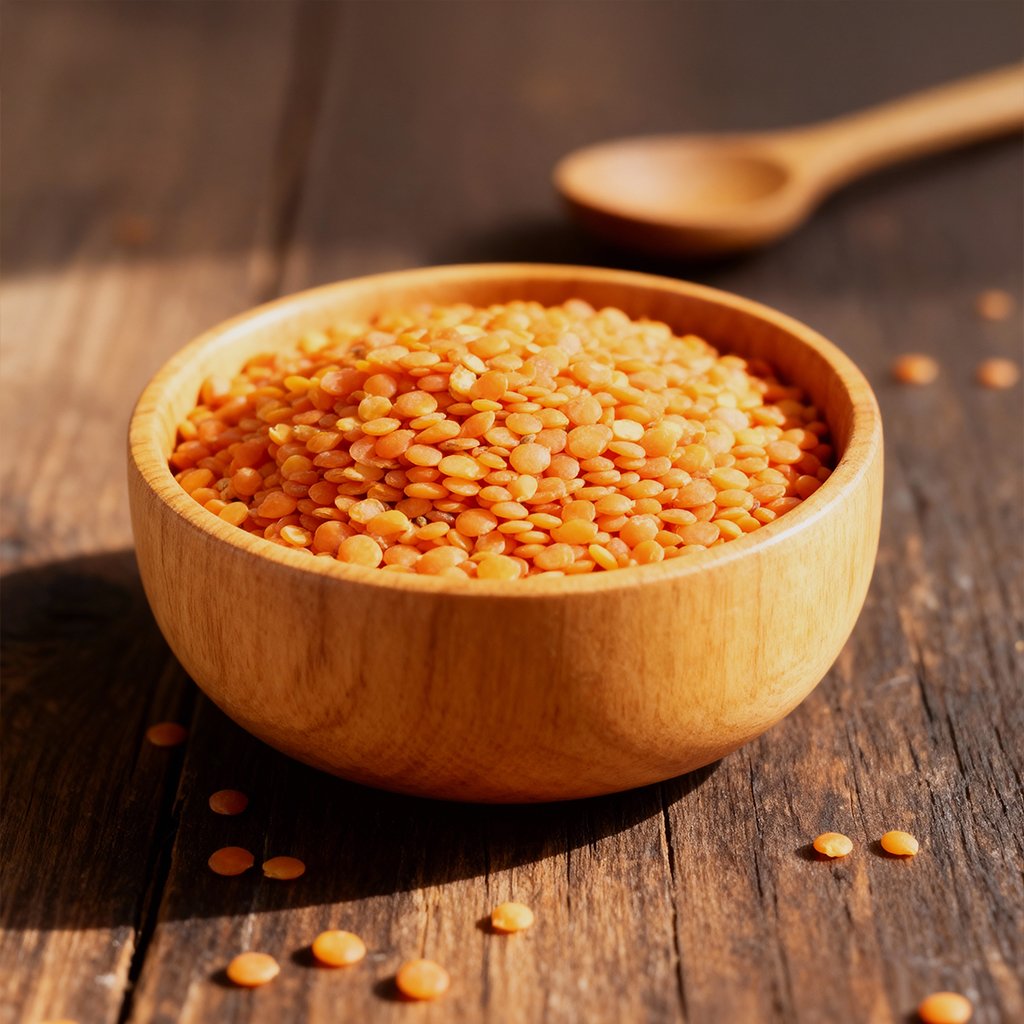
Urad Dal (Chilka)
Urad dal with skin, or split black gram, offers a rich, deep flavor and firm texture. With 24 g protein and 18 g fiber per 100 g, it strengthens muscles and supports bone health. Common in dal makhani, panchratna dal, and South Indian dishes, it’s known for its creamy mouthfeel when slow-cooked.
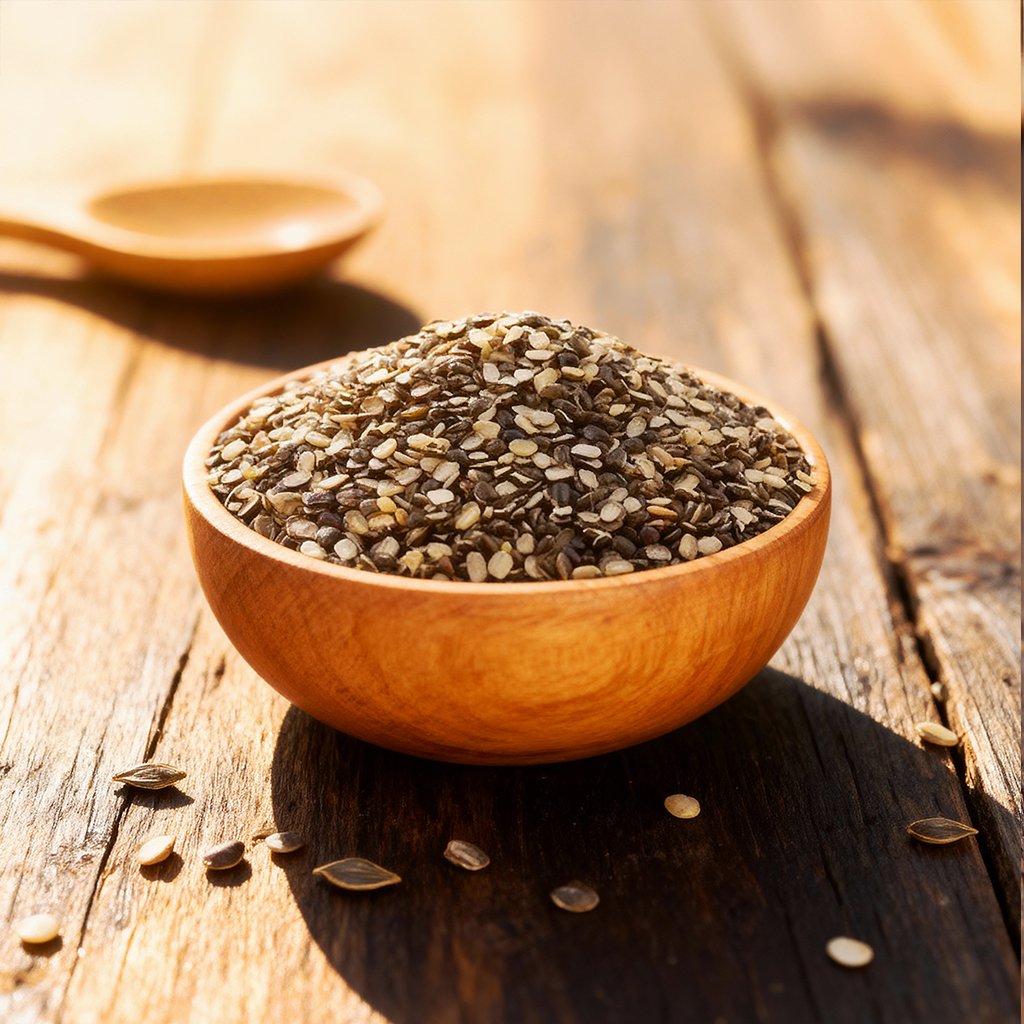
Sabut Masur Dal (Black Lentils)
Sabut masur dal, or whole black lentils, has a dense, earthy flavor and firm texture. With 26 g protein and 15 g fiber per 100 g, it supports muscle growth, digestion, and immunity. Its anthocyanin-rich skin provides strong antioxidant protection.
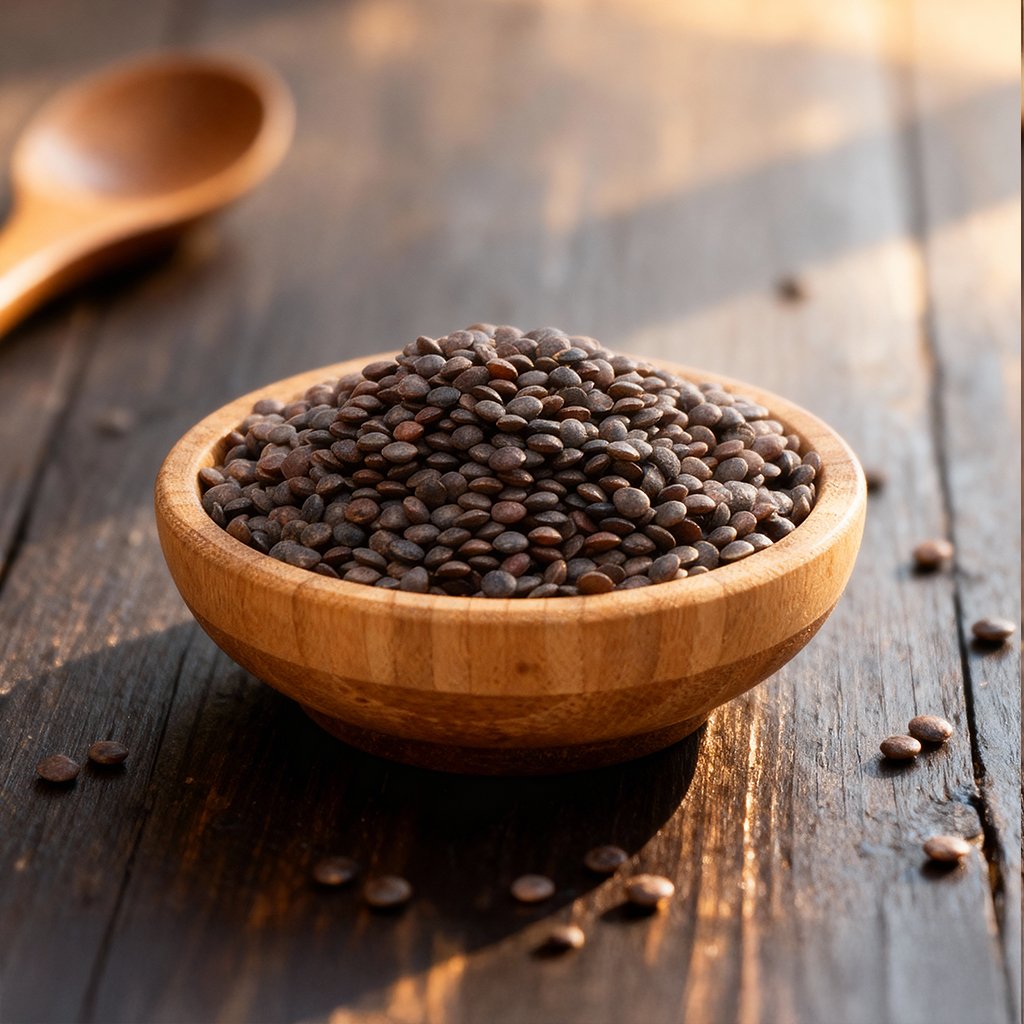
Moong Mogar
Moong mogar, or split yellow gram, is the skinless version of green gram that cooks within minutes. Providing 27 g protein and 16 g fiber per 100 g, it’s a powerhouse of magnesium and potassium, promoting nerve and muscle health.
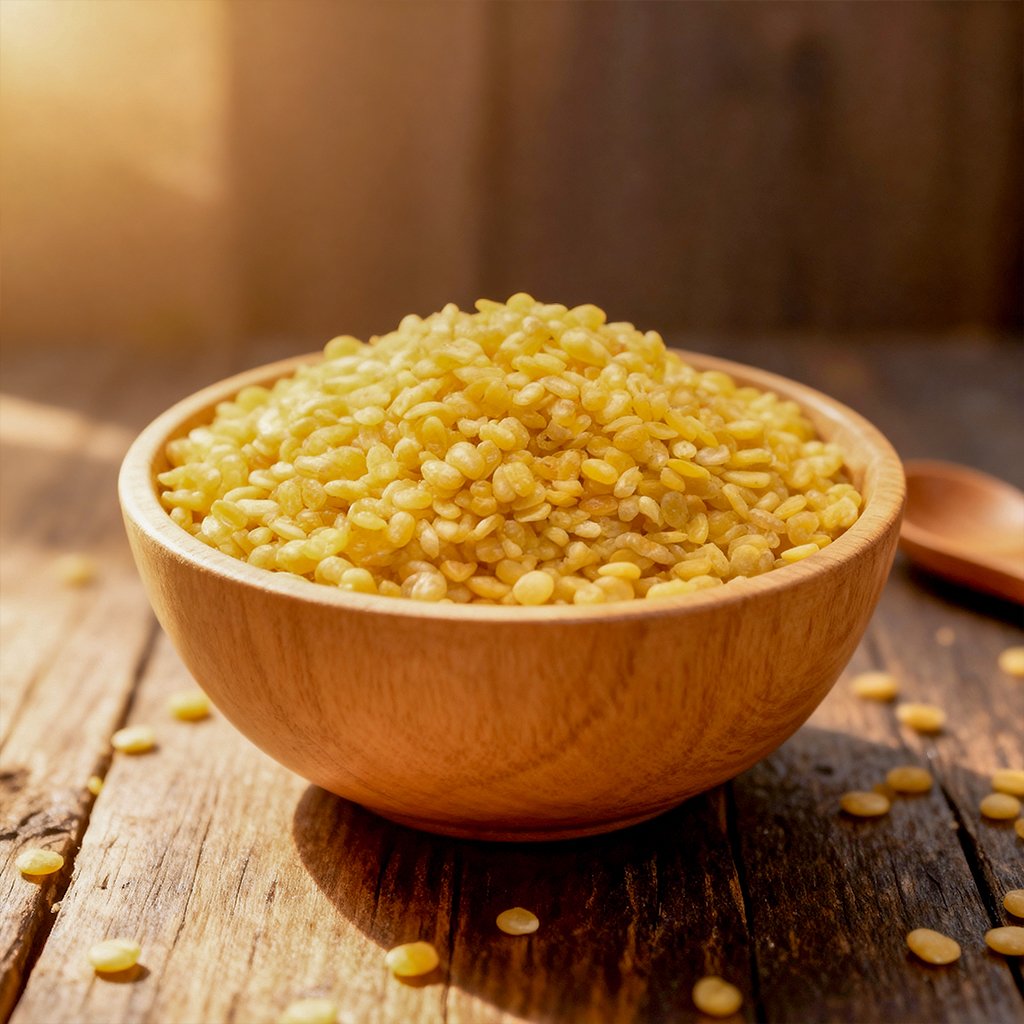
Urad Mogar
Urad mogar, or split white gram, becomes soft and creamy when cooked, making it perfect for thick dals and batters. It offers 25 g protein and 18 g fiber per 100 g, along with iron, zinc, and B vitamins.
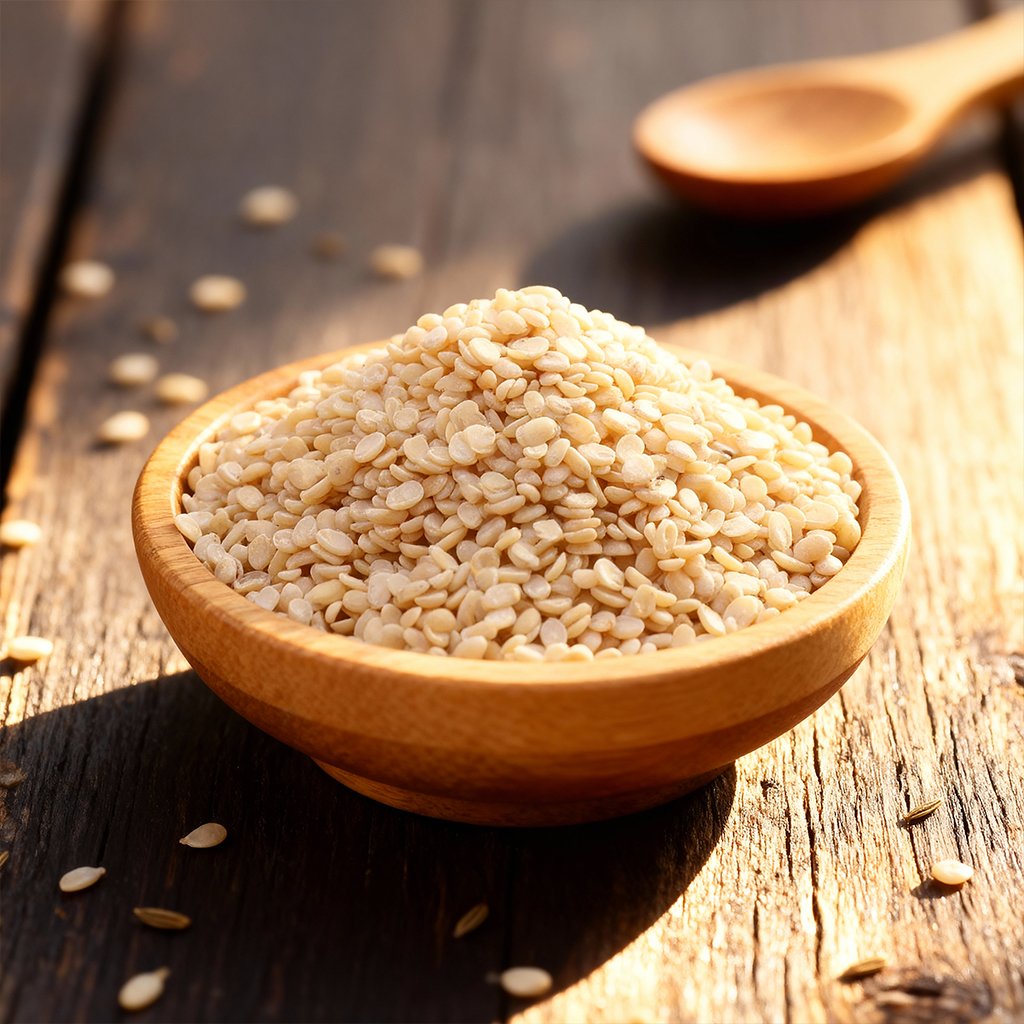
Sabut Matar (Whole Green Peas)
Sabut matar, or whole green peas, offers a slightly sweet flavor and firm bite. With 25 g protein and 9 g fiber per 100 g, they’re loaded with folate, vitamin K, and antioxidants.
winter recipes.
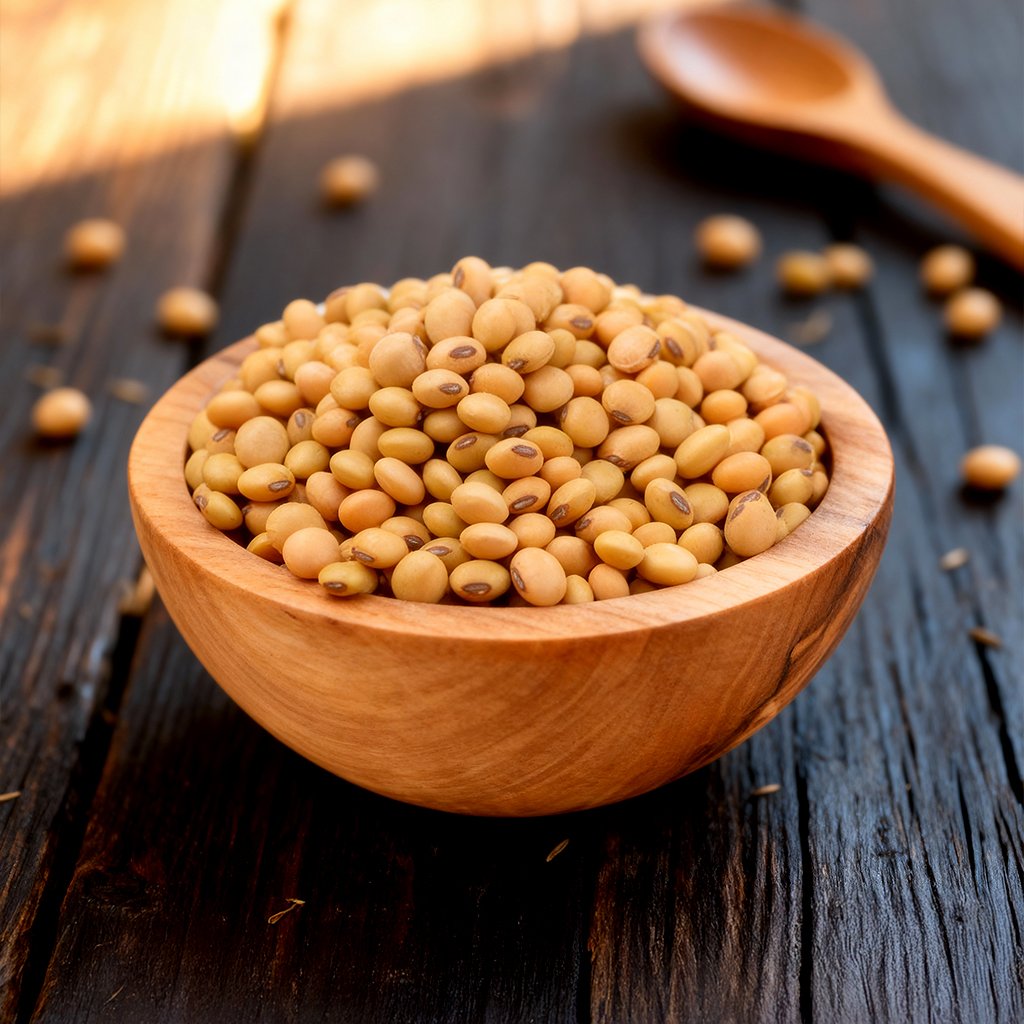
Sabut Moong
Sabut moong, or whole green gram, retains its skin for maximum fiber and nutrition. Offering 24 g protein and 16 g fiber per 100 g, it promotes healthy cholesterol and blood sugar control.
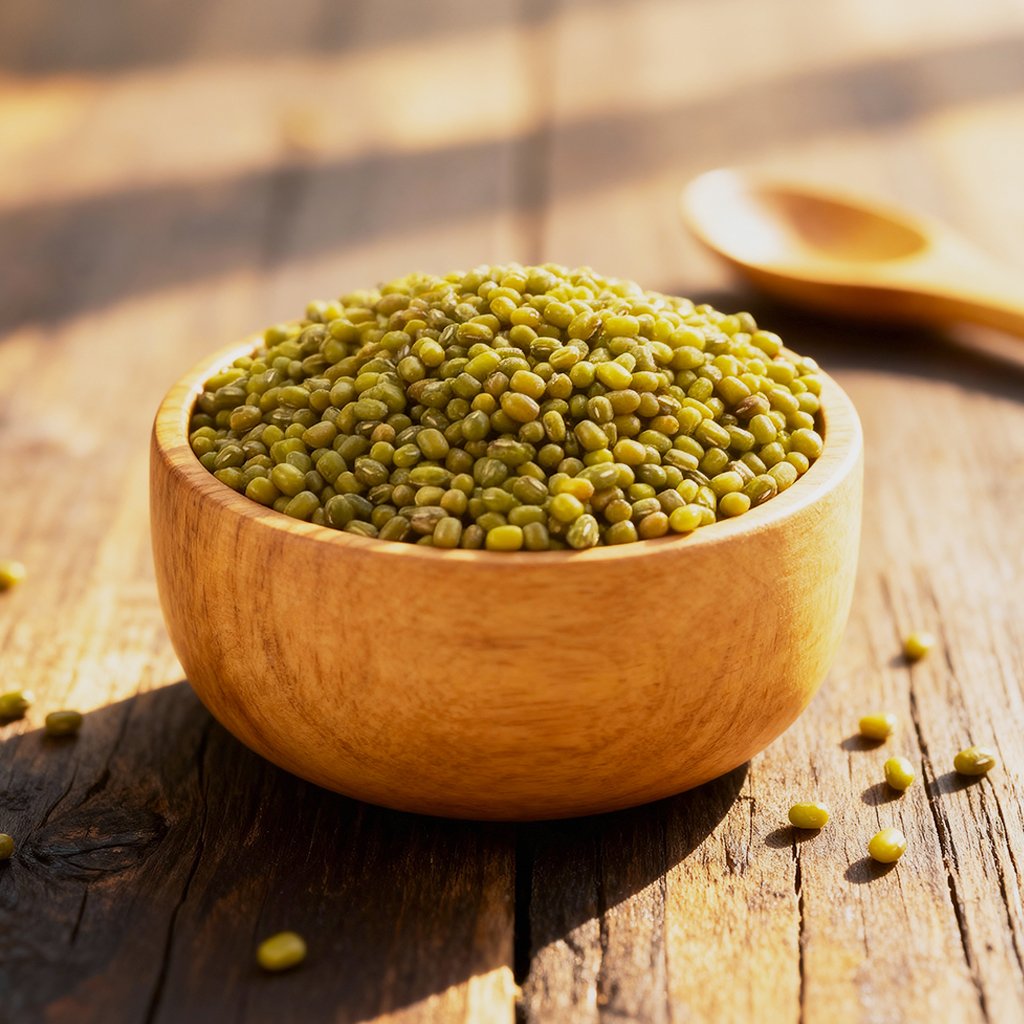
Matar Dal (Split Green Peas)
Matar dal, made from split green peas, has a smooth, sweet taste when cooked. Providing 24 g protein and 8 g fiber per 100 g, it’s rich in B vitamins and iron.
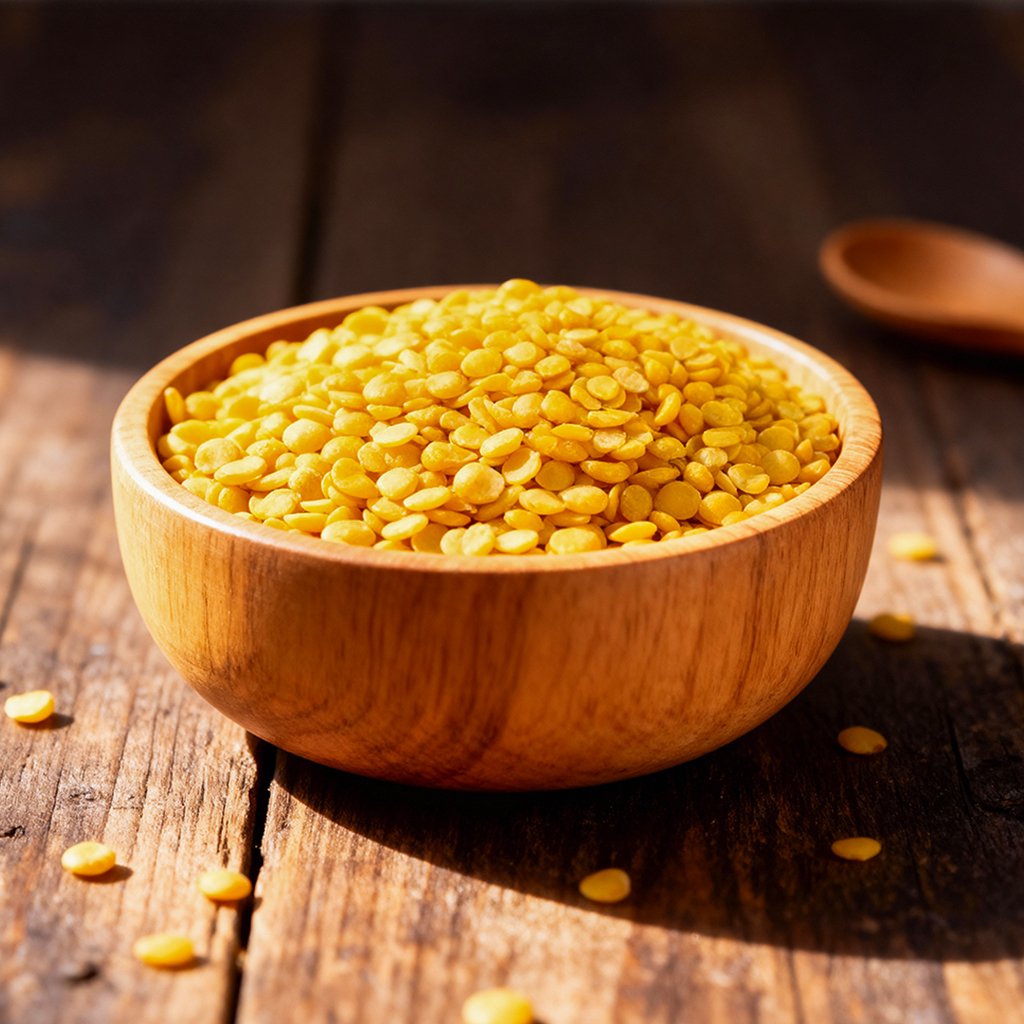
Chola Dal
Chola dal, or split chickling vetch, has a nutty flavor and tender texture. It offers 21 g protein and 16 g fiber per 100 g, along with zinc and manganese that support immune strength.
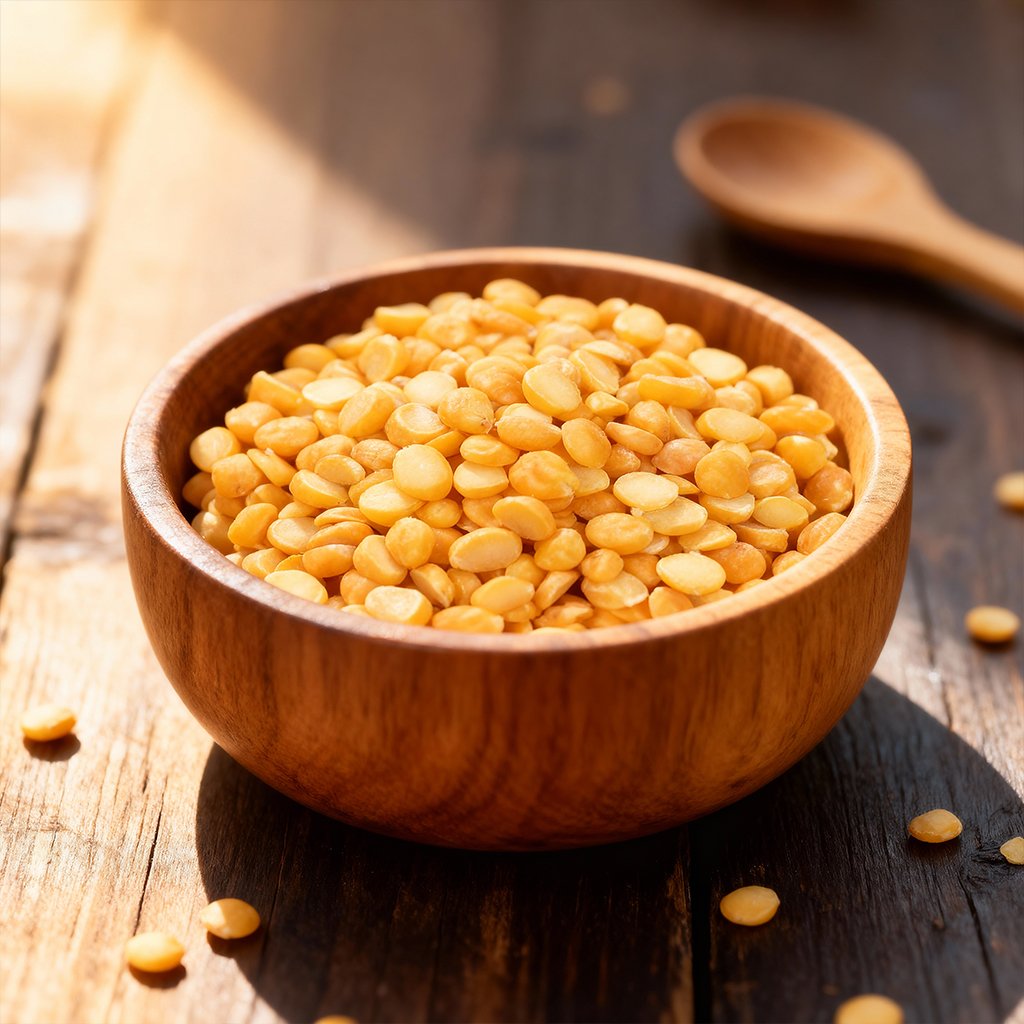
Rajma (Kidney Beans)
Rajma, or kidney beans, are beloved for their hearty flavor and creamy texture. With 24 g protein and 25 g fiber per 100 g, they’re a fantastic source of iron, folate, and potassium.
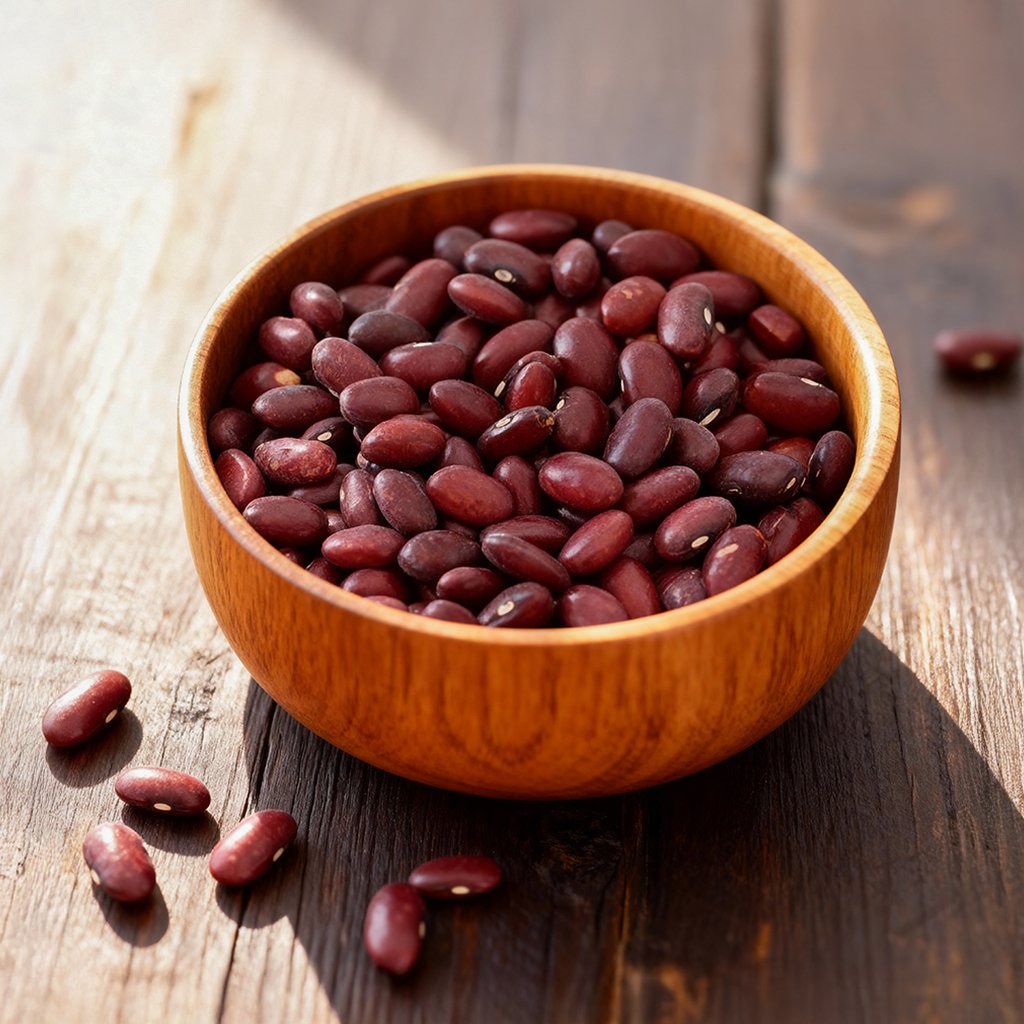
Kala Chana (Black Chickpeas)
Kala chana, or black chickpeas, have a firm texture and nutty taste. Providing 20 g protein and 17 g fiber per 100 g, they’re packed with iron, magnesium, and complex carbohydrates.
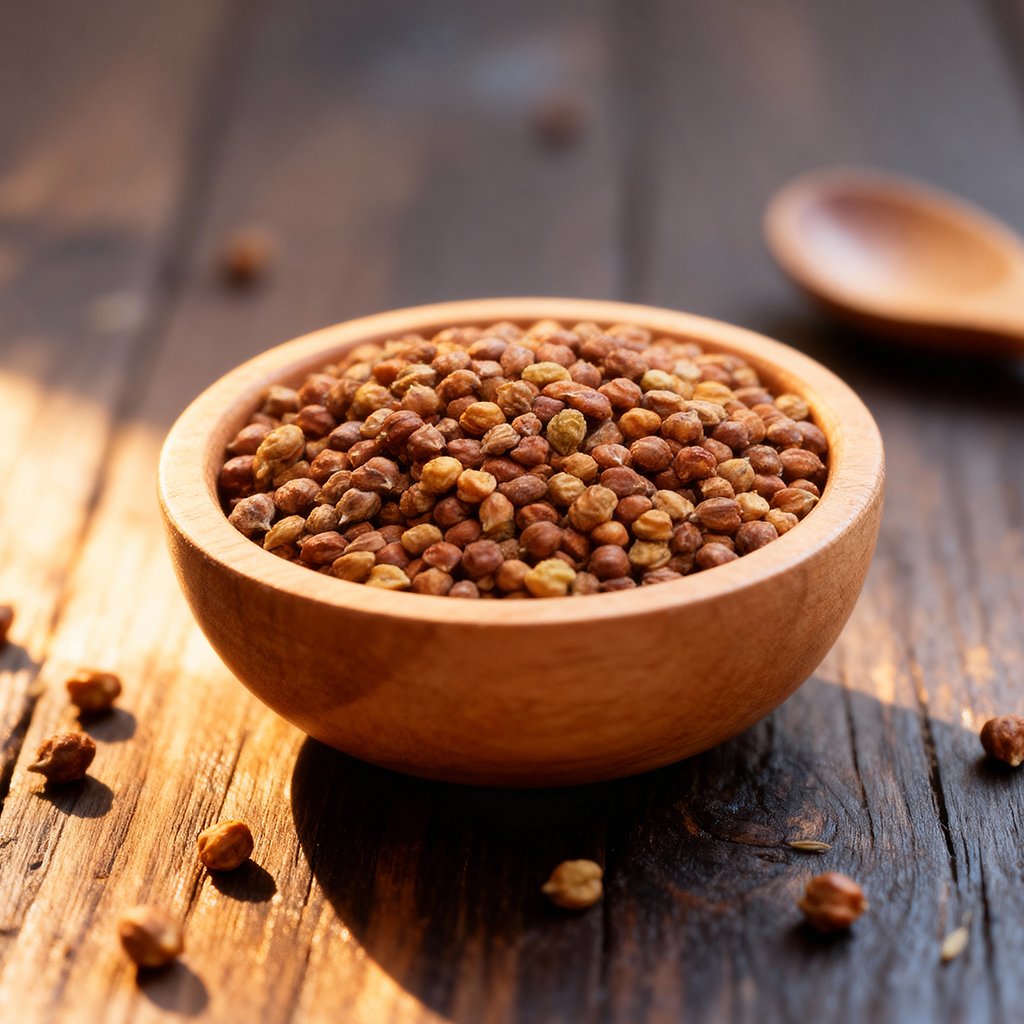
Moth Beans
Moth beans, or matki, are small, earthy legumes rich in 23 g protein and 15 g fiber per 100 g. High in calcium and iron, they promote bone strength and red blood cell health.
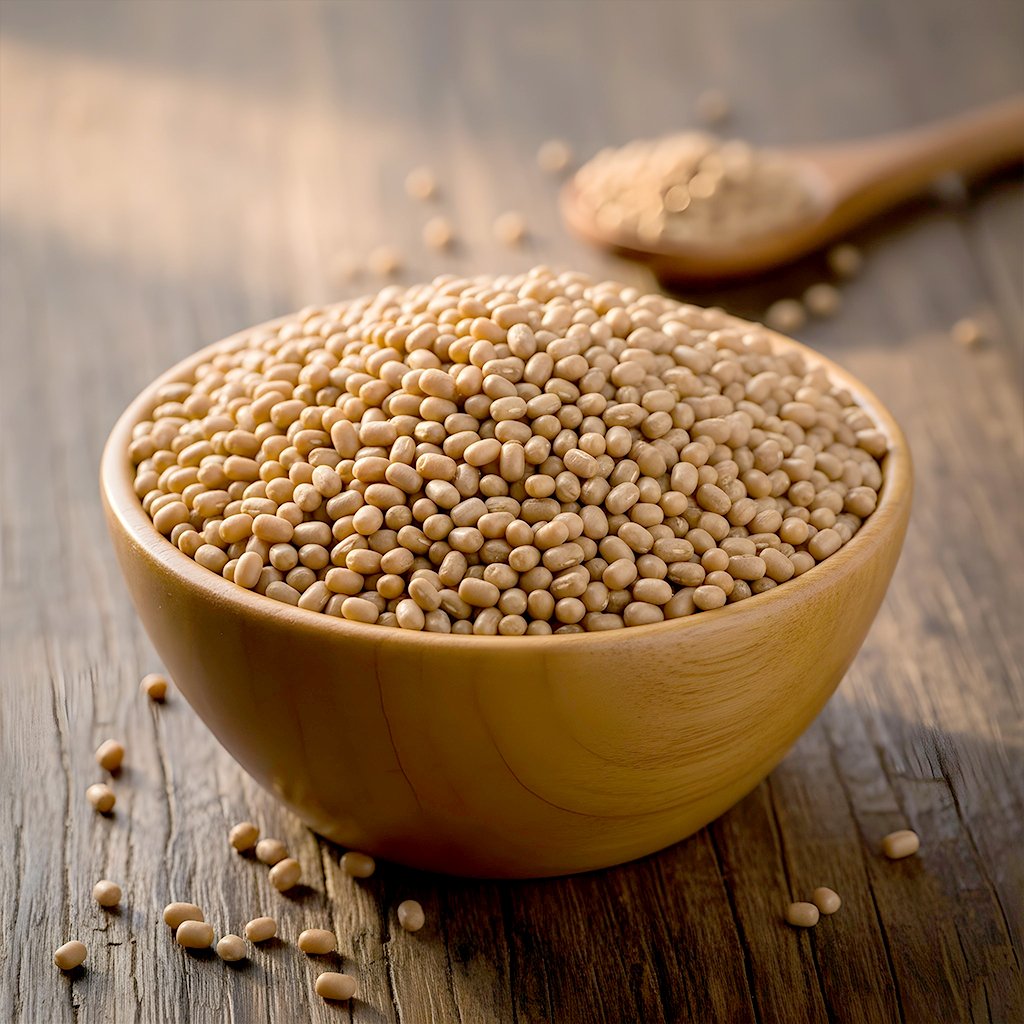
Kabuli Chana (White Chickpeas)
Kabuli chana, or white chickpeas, have a creamy texture and mild, nutty flavor. With 19 g protein and 17 g fiber per 100 g, they’re an excellent source of folate and manganese.
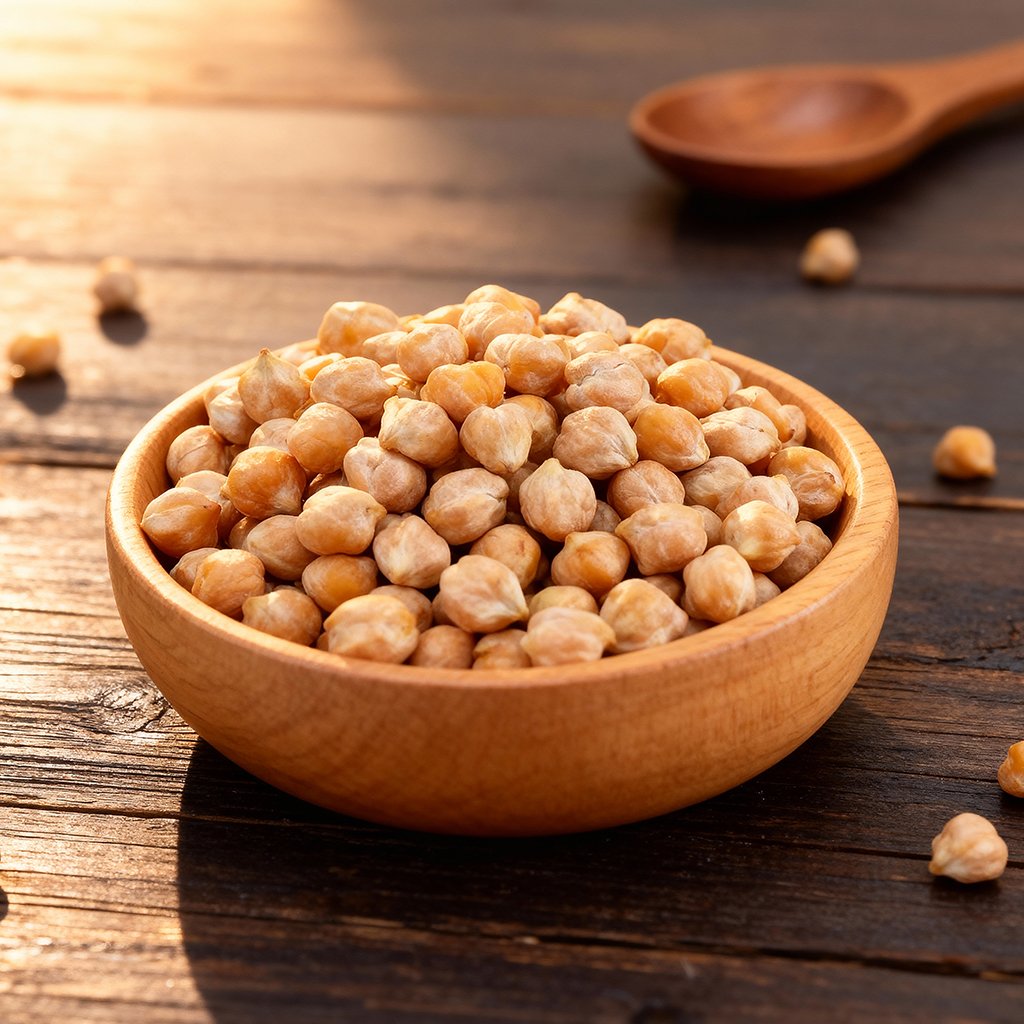
Soyabean
Soyabean, extracted from soybeans, is neutral in flavor and rich in polyunsaturated fats and vitamin E. Its high smoke point (~234°C) makes it suitable for frying, sautéing, and baking.
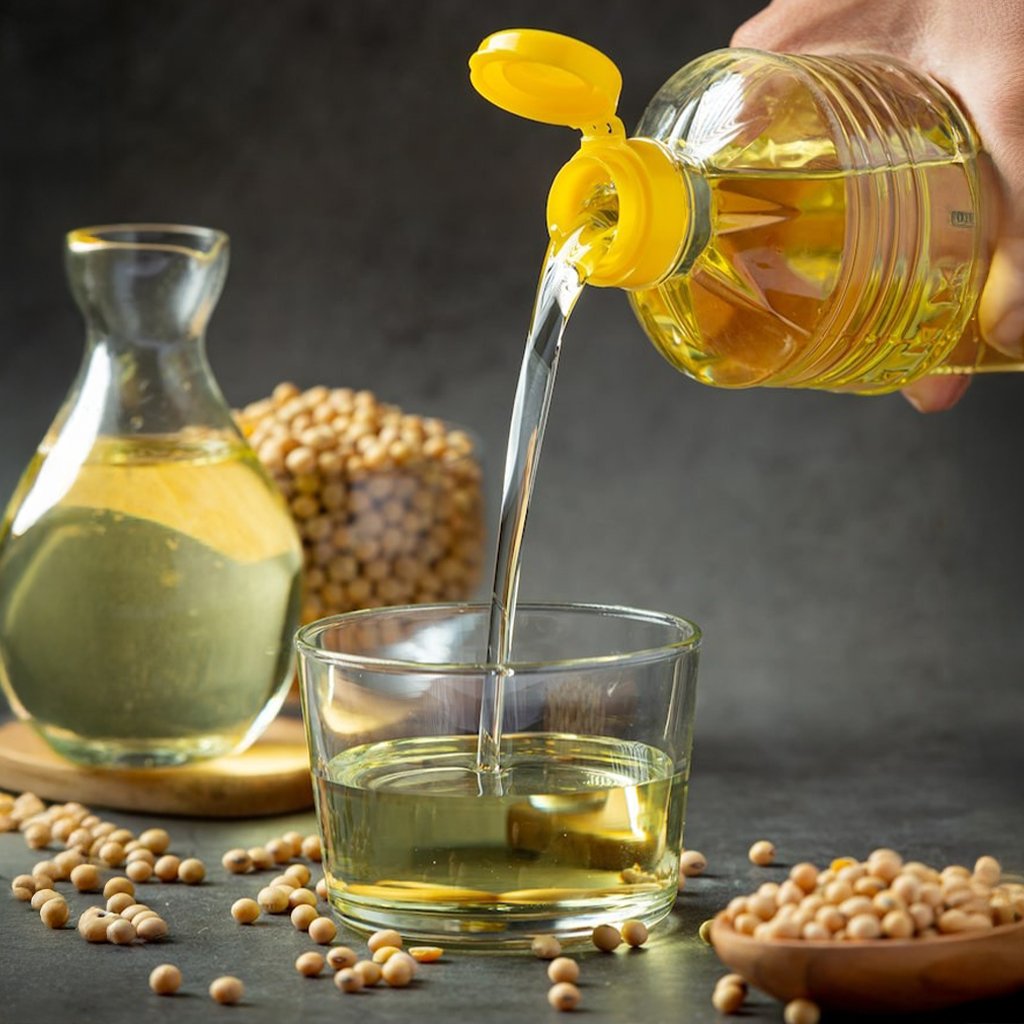
Whole Chavle (Lobia)
Whole chavle, or black-eyed peas (lobia), have a creamy texture and subtly sweet flavor. Offering 24 g protein and 10 g fiber per 100 g, they’re loaded with iron, potassium, and folate.
